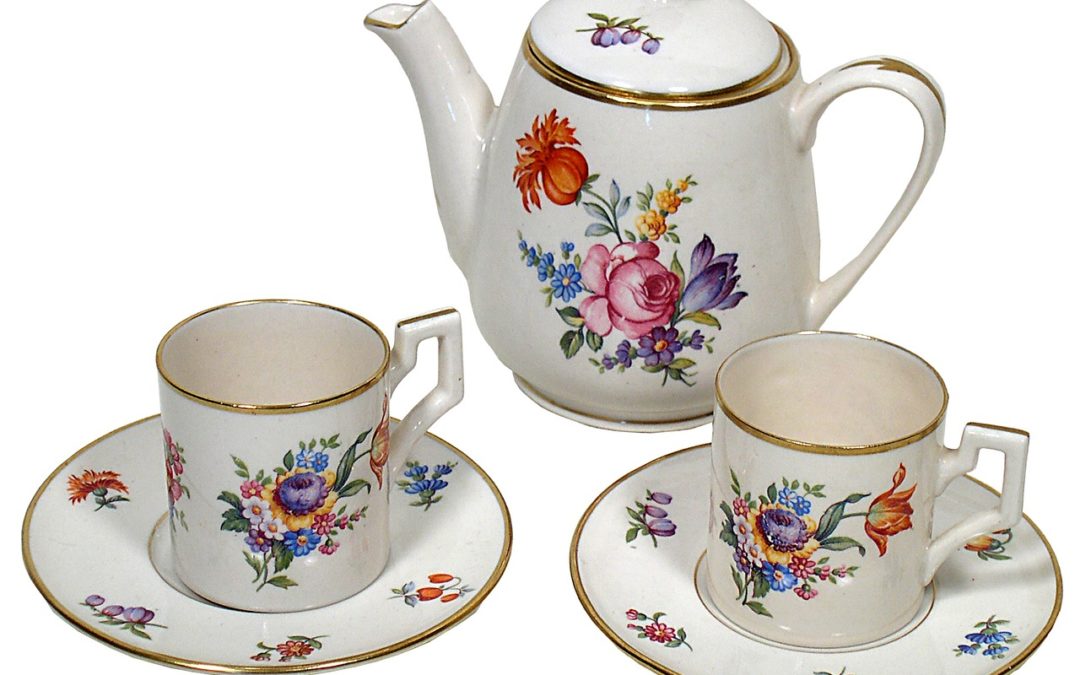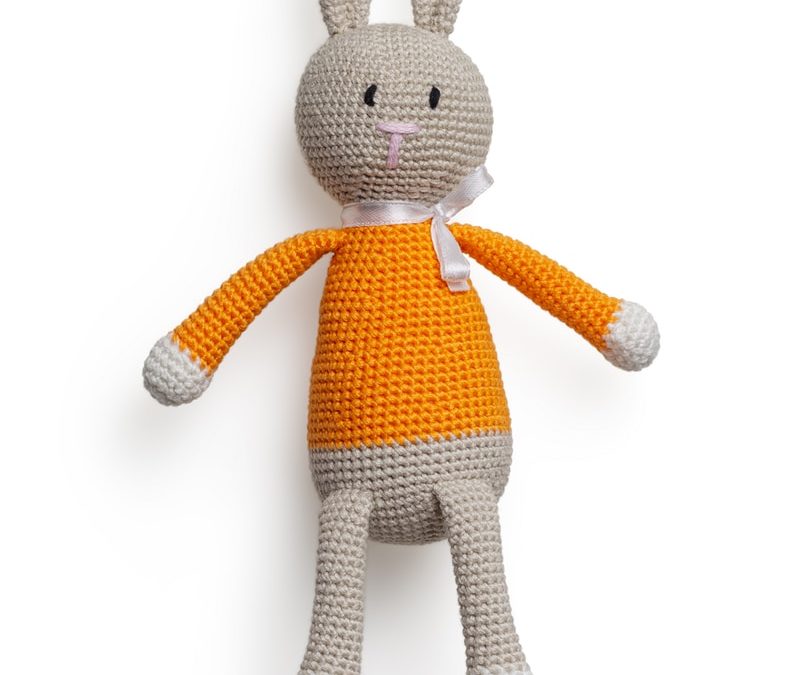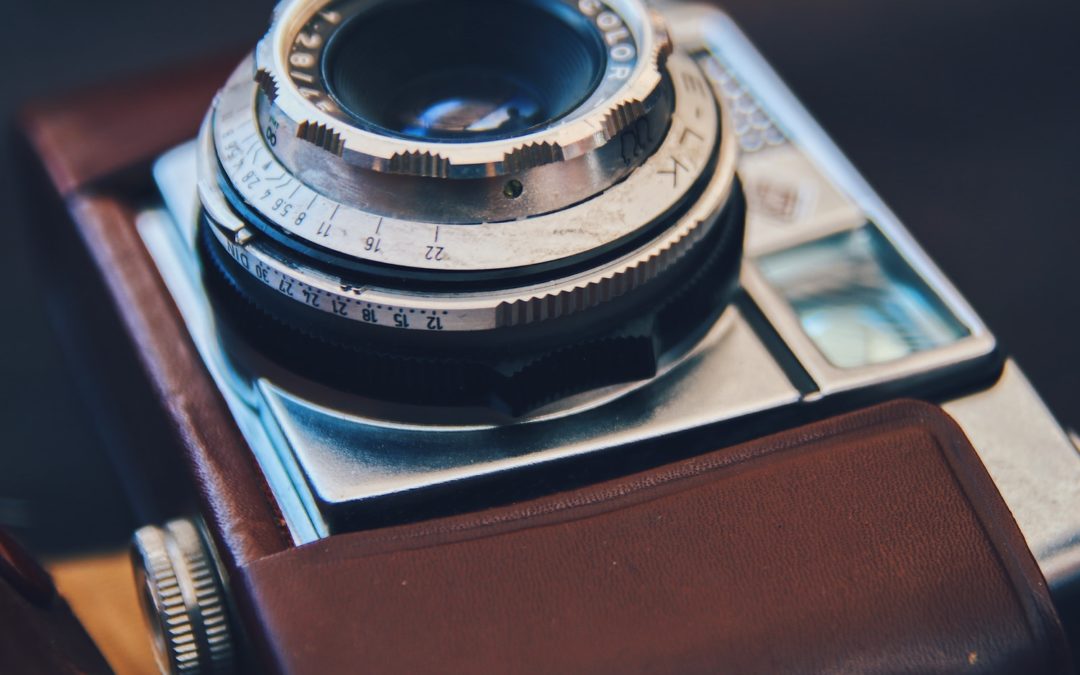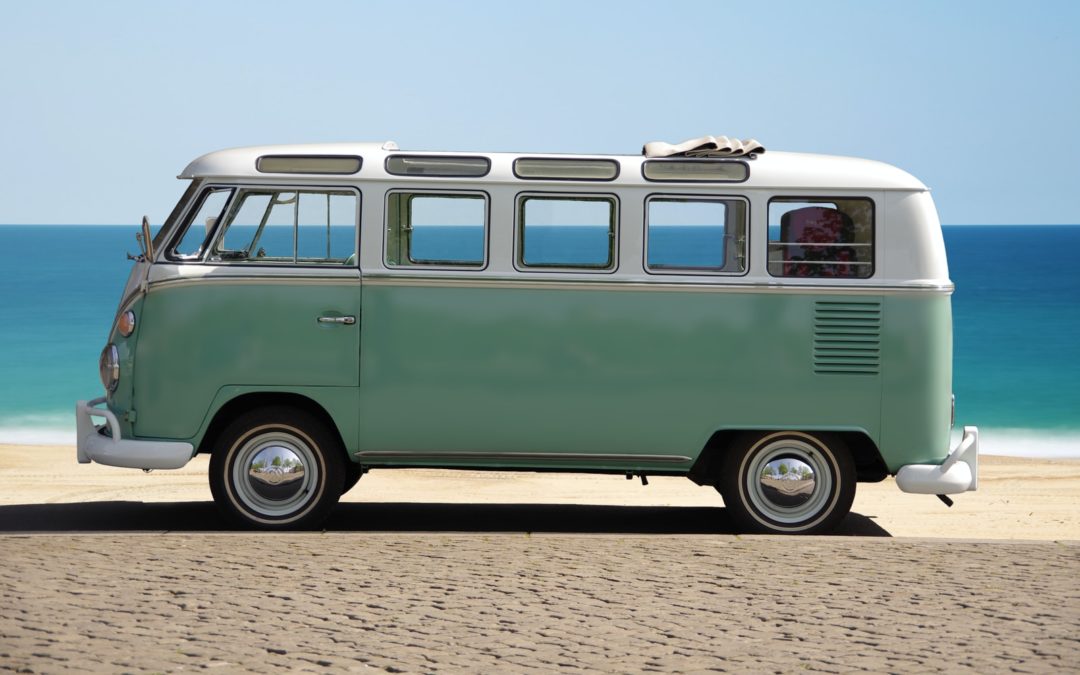
by admin | Oct 21, 2021 | Declutter
So many approaches to hoarding, decluttering, letting go and to dealing with the mess in our homes are rational in their style. But we are not rational creatures, we are human beings. Better put we are 'humans being'. That means we are all emotional, that we attribute meaning to almost everything we do, see and to all of our actions around the topic of decluttering.
So every item in the home has some form of emotional attachment for us. It could be a pencil, a shirt, a saucepan, a pair of shoes or a box of toys. The single biggest obstacle to us making a good job of dealing with the stuff we have accumulated is the sentimental obstacle. We may feel we have to climb over it, step around it, or crawl underneath it, but deal with it we must if we are to make progress in any way at all. Every object in your house can have some emotional pull on you, normally associated with a memory or an image in your head about when you acquired it, who gave it to you, how you were feeling when you bought it. Each of these feelings, memories and reminiscences take up so much space in your head. Sometimes I am amazed I get anything done for all the things in my mind! These are all competing for your attention and there is only so much time you have to deal with each thought or emotional response.
When deciding to deal with the clutter that surrounds you and which overwhelms or drags you down emotionally, you are going to have to be tough with yourself. The decisions you make about what goes and what stays will be hard ones a lot of the time. But once made they should put you in a better place emotionally. In order to get results that last and which make a difference in your home environment, if you pick up every item and handle it, you then have to make a choice over what to do with it. The action of touching each thing strengthens your emotional connection to the decluttering process. You might be telling yourself that you have to keep something for sentimental reasons, but what are they? Could you justify them to a friend?
If the thing you hold cannot be placed on display in your home, then lose it. Let it go. If the item is not worth keeping in a readily accessible part of your house, and I do not mean a box in the basement or a bag in the attic, it has to go. Your task is to keep things which bring value or happiness, which support the life your choose or which should accompany you on the downshift lifestyle you seek. If everything has emotion attached to it, then you are going to keep only those items which are imbued with good, special and treasured feelings.
As with every day in which you are discarding things from your home space, be aware of how you feel as you let go of them. Be mindful of the emotions you associate with a selection of items, or the box you fill with things for the goodwill. Continue to be grateful for your observations and, if it helps to note them down, get them captured and summarised in your journal. You may let go of the items, but you will still have access to the way you felt about the process and it takes up virtually no space to store your thoughts on some special pages. You can keep the simple journal in place of the much larger volumes of stuff you are now able to let go of.

by admin | Oct 7, 2021 | Declutter
For sure, you won a track award when you were seventeen. You gained a silver cup for a move on the sports field when you were at college. In your first job you achieved Employee of the Month four times in a row! But why do you still have them on your shelf or pinned on the wall in your den?
We hold onto such things because they strongly represent our previous achievements, or perhaps our goals and dreams. Some of these we were chasing and then gave up or perhaps simply changed direction. Others we feel are an important part of our life right now and we still consider that we are pursuing that goal in our actions every week. These are items which the emotional attachment makes very difficult to let go of. Sports trophies from when we were at our physical peak, framed team pictures from another life, motivational posters from a business we were a part of, or painting supplies and blank canvases we thought we would have used by now in developing our skills and hobbies to a better level.
We struggle to let go of these because it feels brutal and painful to face the fact that we didn't achieve this goal or that dream. We feel like we messed up or we broke the promise we made to ourselves. I can relate to this. I have USB sticks of unfinished manuscripts. I have the bronze and silver award for a prestigious young person program here in England, but never managed to finish it and earn the gold award. That is something I have regretted for years, and I remind myself how much pleasure it was to achieve the first two awards and the good things I did to accomplish these levels. We had community service projects, volunteer activities, expeditions in the countryside and camping trips where we learned map reading, teamwork and survival skills. These were very positive times in my teenage years and I loved the activity, teamwork, the leadership and guidance we received and think fondly of these times. But that was several decades ago!
Connecting with the emotions of this theme of letting go of previously aspirational clutter can help you to become free of the feelings we associate with not completing goals. Put these thoughts to bed and look now to find new goals and opportunities where you wisdom and enhanced skills will give you an advantage and allow you to start strong with what you have. When you discard the things which represented old aspirations you have not failed at those. You instead need to be gentle with yourself and recognise the goals and points of focus for the life you lead today.
Letting go of unfinished projects, discarding items that you have been unconsciously aware of not completing, and clearing out old resources you will never use to help you with your current goals, this can be immensely satisfying and liberating. Forgive yourself for not accomplishing what you had once been convinced you were going to do.
Consider creating a virtual Memory Box - take digital pictures of many of the items you have struggled with releasing, even though they no longer represent who you are today. Either you want to have them in your home space or your don't. It really is this simple in reality. In practice however, we know that life does not exist in a purely black and white, binary way. Save images of the things you like, but which you would not willingly go out and accumulate again. The pictures are things you can always go back to if you have that sense of nostalgia for the item.
Letting go of these old aspirations, for something that has probably not been a part of your life for some years, will free you up for new and inspiring opportunities and activities. This is where your focus needs to be, on your current goals and aspirations. These are the ones that matter right now.

by admin | Sep 23, 2021 | Declutter
Guess what? Life moves on and so should you. I truly feel for you when you explain to me that once upon a time that jug or lamp cost you a lot of money on your payday. At the time it might have been a good idea because you bought something which seemed special at the time. But right now is the time zone we are dealing with, not yesterday or even yesteryear. Does that jug get used? Do you fill it with flowers every week? In the warm days of summer picnics is it filled with water and ice for family gatherings? If the answer is 'no', then it's time to go! Remember the mantra that I love to promote - S. D. G. B. Remember what this means - Sell, Donate, Gift or Bin.
Money is important. We all need it to live with and we have to make our way in the world using money to pay our bills and buy our food and utilities. But the life you are paying for is the same life that might just contain a bit of clutter. Am I right? So use your money wisely, make it work well for the downshift lifestyle that you want to create for yourselves. Money is also a very emotional topic and it provokes reaction in every one of us. The economy in many places right now is in a mess. if we are honest, we could all do with an extra income and this is reflected in the growth of people being willing to chat about having a side business or a side hustle to add to what they earn from a job or from self-employed work that keeps them busy.
No one will judge you for being cautious about what you spend your money on, but why hang onto something that has more realisable value once sold and gone that it had while sitting in your home and adding no value. Keeping the thing in your house will not bring back the money you spent to acquire it. The money left your wallet the day you bought it. Time has moved on and maybe the use or value of the item has changed too.
We once had a neighbour who had three cars on his drive. None of them worked. All had flat tyres and rusted bodywork. That's his choice. But one day he might want to move house and sell up. He will have to pay for someone to take the junk off his drive, but in the meantime the whole place will look unattractive and every time he looks out of his kitchen window he must be thinking "What have I done storing that junk in my space?" It can't possibly bring him any positive thoughts about the hanging on to clutter that he has gone through. If it doesn't add value, joy, pleasure to you life, let it go. If it has no value, is broken, does not support your lifestyle, let it go.
If you want to really feel the pain of money spent just consider the cost of holding the things you still have but which you do not need. In cost of rent or mortgage that you pay monthly there is a direct and measurable link between the cost of your clutter and the money going out each month. If your house is twenty percent clutter, then the cost of that clutter equates to twenty percent of your accommodation cost. The same is true of your insurance each month. I hope that encourages you to take action. You are paying to insure this rubbish! Stop it now.
You and I have both made mistakes with what we have bought in the past and how we have used or mis-used our funds. It's time to forgive ourselves for these errors and to accept that an item, which we once appreciated enough to pay a lot for, no longer holds that status or value and can be let go of.
You did the best you could with what you had at the time. You really did think you were making a good decision when you bought that item. I know. Grasping hold of this will allow you to move forward and say goodbye to the item without any more guilt.

by admin | Sep 9, 2021 | Declutter
While we may understandably want to break free of the clutter that surrounds us, we first have to deal with the emotional issues which have stopped us from taking action. The confusion here can come from you having a different emotional attachment to one item that another member of your household or a close friend will have with it. If your best friend thinks that having a dozen antique clocks in her house is normal and acceptable and you think it eccentric or even odd, you will see where I am going with this.
You might have a garage filled with walking frames, an electric powered mobility scooter that has long since eroded to being useless, and an upright piano. All these things arrived at your home twenty years ago when your grandfather died and none of your other relatives stepped up to the plate. You took responsibility for clearing these items, and for one reason or another you never managed to dispose of them. Your friend might have an attachment to the clocks because of her own family history and the ways in which she has accumulated them over several years.
What's your own story about the garage that can no longer be used for car storage or as a home workshop? In this way you see that one persons acceptable storage is seen by someone else as a pile of weird rubbish that should be chucked out.
A common excuse for not letting go of the clutter appears as : "I have to keep this. It was a gift". To which I say, "But was it a gift you loved immediately and knew you would always treasure?" If not, let it go.
We can fill our homes with birthday presents, art work from school when our children were toddlers, wedding presents from people who had bad taste in their choice of gift, or from recent presents we were given at a family gathering. The moment something has been given to you it is up to you to choose what you do with it. Why do you see so many good quality things uploaded onto auction sites immediately after Christmas, ThanksGiving and of course through out the year as people let go of the birthday and housewarming gifts they do not appreciate?
Keeping something you don't like in your house is a negative behaviour in that it does not truly represent who you are. Holding onto a gift when you do not like it, out of fear that you might hurt the feelings of the gift giver, is no way to lead your life as an adult. This whole process of Letting Go is about making your living space somewhere that is calm, supportive and filled with the energy you like. This means that what you have on display and see as you move around your home are items that you like and appreciate for their style, design, or attractiveness.
If Aunty Mary gave you a hideous vase as a wedding present five years or fifteen years ago, it should not be on the mantelpiece, on the shelf or even in the house. Sell, Donate, Gift or Bin. Certainly remove it from your space. Aunty Mary will understand. The item and your feelings and thoughts about the item are not the same thing. If you love the person, but don't like the gift, let it go. Your home should be a place of calm, not of guilt or unease. This process is all about you. Put yourself and your feelings and happiness first.

by admin | Aug 26, 2021 | Declutter
In a house filled to overflowing with 'stuff' this, of course, is true to some extent. Yet how much do you need to bend reality to consider that you should keep five flathead screwdrivers of the same size, or that there should be six breadknives in your kitchen when one will do the same job? How about the many sleeping bags and knitted blankets in the spare bedroom?
You've hung on to these since your kids were teenagers and you keep them in case you and some future visitors should be snowed in one extreme winter? It doesn't matter how you justify keeping these things, because your reasons have served you well until today. I ask you to consider them from a fresh perspective. If it might be useful, but you haven't used it in a year, let it go. Bag it, box it and take it to the goodwill shop.
There is a tendency to learn from our parents and grandparents that everything has a potential future value. We learned their value system and in most cases the good things we were taught can help us in life and we can pass on the good skills to our children and friends we care about. But there were things which were relevant forty years ago that just have no value now in a different, faster, more complicated, less self-reliant approach to life where we are these days.
Do you need to know how to build furniture in your garage, or keep all the tools to do so?
Should you be skilled in curtain making, dress making, book binding, or picture framing?
Is bike repair a skill you consider hugely valuable?
Should you hold onto all the furniture items in your home?
If two of your live in your apartment or house, should you have enough seating for another dozen people?
My Mum recently moved from her home where she and Dad raised us all, into a nursing home where she can be better looked after than if she were living alone and subject to the dangers and worry of infirmity and falling. My brother and I calculated last week that in the downstairs rooms of the old family home we have three sofas, three large armchairs, eight folding garden chairs and a glass dining table, eight stacking chairs and a dining table for the sun lounge, one dining table and four chairs for the middle dining room, and two writing desks and chairs. That's enough seating for thirty four people in a house that Mum has lived in on her own for more than ten years!
The house doesn't feel cluttered, but this volume of furniture represents extreme clutter. It also serves as a reminder that where nine of us once lived together, it was in a house that hosted parties, events, prayer groups, history club meetings, parish meetings and where there was always a chair to pull up and chat with my parents. Nostalgia and clutter do tend to exist arm in arm. My brother and I will work through the furniture and see who wants want - and will turn up to collect it - and then decide where we donate the rest to ensure it continues to serve where it is needed.

by admin | Aug 12, 2021 | Declutter
In a recent volunteering week at a countryside youth hostel for walkers and climbers, in the heart of the beautiful English Lake District. I was part of a ten person group who were there to prepare the hostel for the next six months of heavy use by visitors. We all worked together to clear rooms of furniture in advance of commercial carpet cleaners. In small teams of two and three we painted the common room and dining rooms, we painted corridors and stairwells. One day I worked outside and pushed wheelbarrows of gravel to create the paths around the campsite. On another I chopped up small branches and old timber pallets to create the kindling for the open fire in the main common room and bar area.
It was a brilliant week away from home, working at practical tasks each day and then being free in the late afternoon for a walk on the mountains that surrounded us and a chat in the bar and by the log fire each evening. Each day I chatted with whoever I was paired up with for our work and it was fascinating to see a glimpse of the lighter life in action for these other volunteers.
Lisa was on the same week with me. Incredibly she has spent 40 consecutive weeks living at hostels and working or volunteering to have somewhere to stay. She has a small van which she can sleep in when not working at a hostel. It is kitted out with a gas stove, a foam covered bed platform, blankets and a couple of bags of her clothing. I learn that she has a one bedroom flat in a small community on the border between England and Scotland and she goes back to this as and when she is not volunteering. By structuring her volunteering weeks on an often back to back basis, she is often away from her flat for three months at a time.
Having minimal possessions in the flat she has created a lifestyle where she meets new people every week she is away. Her expense money covers all her costs of travel between hostels. Like me and the rest of us, she was fed and given good accommodation during the working week, so her savings increase steadily across the year.
Many of the people who formed my group of volunteers that week have made volunteering and working, in places that provide food and accommodation, a strong part of their lighter lifestyle. Of the other nine I worked alongside, five of them all volunteered regularly and spent between six weeks and twelve weeks each year away from their own homes. So just two of the ten of us were new to this way of living lighter. Half of my new friends were single and half had a partner at home.
My week in their company was a tremendous insight into how you can have more opportunity and greater adventure. Each of the people I spoke with about this lifestyle choice said directly to me or more casually in group conversations, that they had cut back on their possessions at home in order to be able to see a volunteer opportunity they wanted and apply for it. They knew they could lock up the house or apartment and head off to the location to enjoy themselves while contributing to a cause they believed in. In this case the creation of clean and refreshed accommodation for the walkers, climbers and runners who look to stay with like minded people when enjoying the countryside, and being able to return at dusk to such gorgeous locations and good evening company.
Could you manage a week like this somewhere with an organisation who would appreciate your help, support and time?





